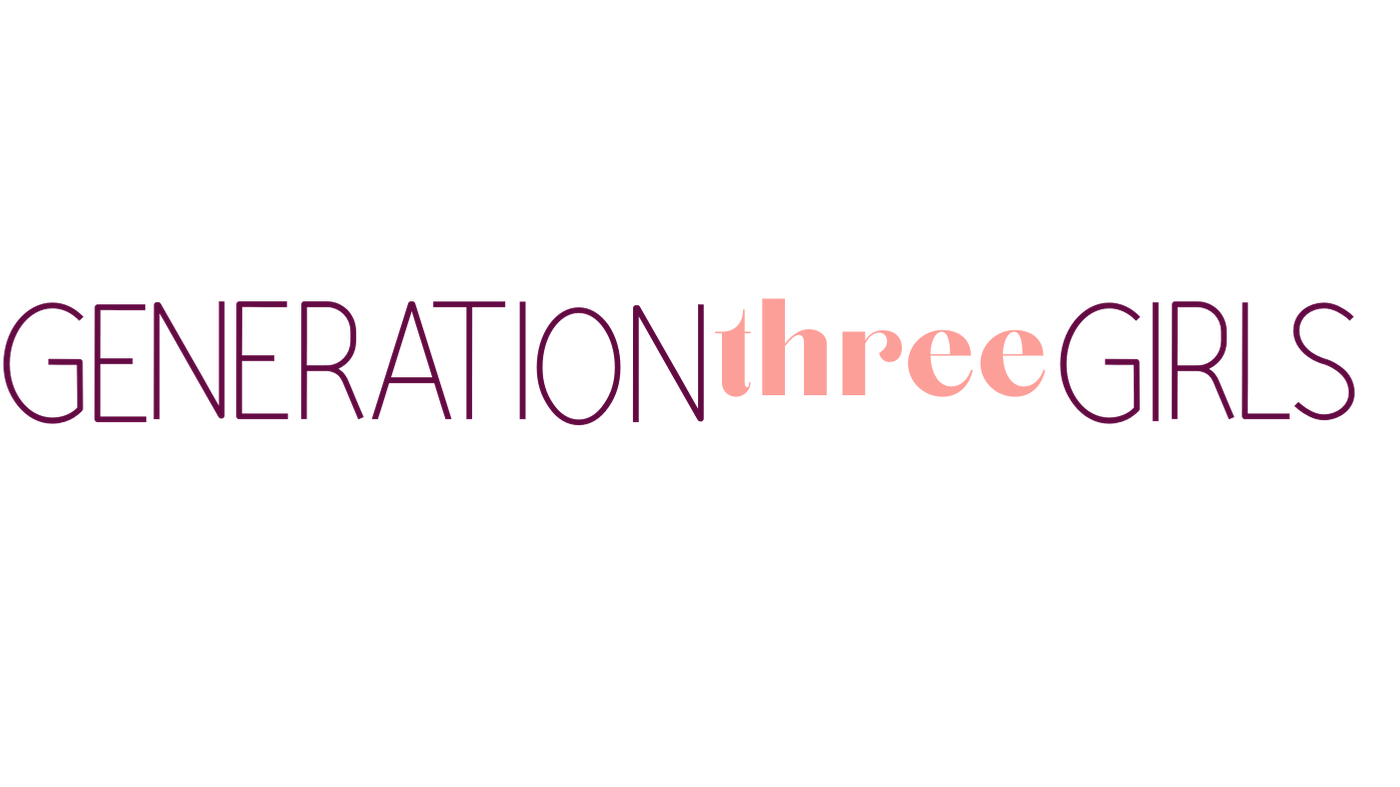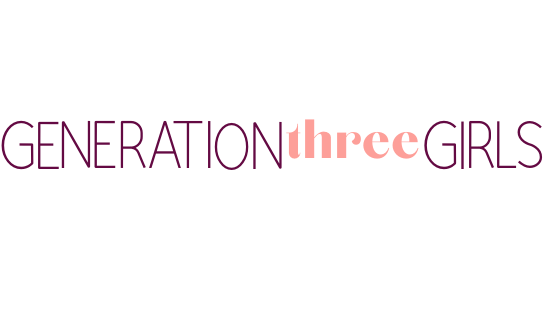Decentering Whiteness in the Fitness Industry
Makena and I had the pleasure of chatting with Ayana Terán-Calderon on F*ck Wellness this week and the conversation was so aligned with this newsletter’s mission that I wanted to include some of the interview here. Ayana is a personal trainer dedicated to reclaiming space within the fitness industry to decenter conventional, skinny and white-centric representations of being "fit." I selected some of my favorite parts of the pod episode and put them below. Enjoy!
Mallory: So I know you transitioned from the restaurant to the fitness industry. Can you tell us a little bit about that transition to start off?
Ayana: I went to the culinary institute in upstate New York at this place called the Culinary Institute of America. My plan was just to be in the restaurant industry. I’d cooked; I’d been a butcher; I served and got into wine. Then the pandemic hit and flipped that industry on its head. I suddenly had all this time to consider what my next move was, so I decided to get certified as a personal trainer.
Makena: The fitness industry and the restaurant industry are these two big worlds filled with so much shit in each of them. There are so many similarities, but if you are outside either of them it is hard to see the complexities in them.
Ayana: Both industries have this idea of meritocracy. In the restaurant industry, it’s like the best cook comes out on top which is not always true. In the fitness industry, it’s like how fit do you look. Not your certifications or what you’ve done. Your body is your business card bullshit. It’s so skinny and white-centric. They are both these giant worlds; I’ve been in the belly of the beast in the restaurant industry and now with the fitness industry I’m trying to decolonize it. You tend to realize there are a lot of similarities.
Mallory: There are a lot of these conversations happening at my workplace about who should be teaching certain group fitness formats. Should white women be teaching yoga? Should white women be teaching Zumba? Should white women be teaching BollyX? As the coordinator for those programs, it is my responsibility to think about these things and recruit instructors that are reflective of the cultures exhibited in these formats. I was curious what made you want to make these conversations such a big part of your business.
Ayana: Looking back, that’s how I was raised. I was born in Virginia, but me and all my siblings were raised to be proud of being Bolivian. In Latin America, you are the country you are from. You are Bolivian. You are Venezuelan. You are Colombian. But when you get here as a member of the diaspora, you are just brown. Or for the longest time latino/hispanic and now Latinx. I’m very about what I am about. As I’ve gotten older, I’ve stepped more into that. This is just how I’m wired. If I don’t agree with something, I’m going to tell you I disagree… I have a proximity to wealth; my parents are both college-educated, dual-income household. I grew up in the D.C. suburbs which if you know anything about real estate, it’s not fucking cheap. It’s my duty and obligation to pull people up. That’s my thought process with highlighting these things in my business. I’m not doing this because I’m “brave.” I don’t like that word. It’s fucking annoying that I can’t just focus on the training; there are these other things that I can’t ignore, one, because I don’t want to ignore them, but it would be really silly if I looked the way I looked and was pushing that white-centric narrative.
Makena: Was there a moment when you transitioned into the fitness industry where you were just like “wow this is messed up?” and now I’m having to carve my role here?
Ayana: When I was first doing searches and changing my feeds to fitness people, the majority of the things I was finding was the poster child of a personal trainer. Washboard abs. LuLu Lemon. Shirtless. Straight-presenting. This isn’t me. This isn’t indicative of who I am. There is no ounce of me that wants to fit that mold. I was apprehensive about becoming a personal trainer because I didn’t look like that.
Mallory: I want to talk about the certification process because I have a lot of thoughts. I had a lot of issues with how much the certification focused on weight loss, diet culture, and fitness metrics. I was curious about your own experience with the certification process?
Ayana: When I was going through the certification, I hadn’t even begun to tackle the toxicity in the fitness industry, but I did notice there was a lot of weight loss shit. That was never going to be a thing I was going to push. Even before pursuing this certification, as a kid, I’ve always been bigger. There is anti-fatness/fatphobia everywhere, but in the Latinx community there is a nickname they give little kids who are pudgy “gordo” or “gorda” or “gordita". It means “little fattie.” It is supposed to be endearing, and they feed you all the food. They don’t let you say no and then they poke your fat and tell you that you are too fat. Weight loss was never something I was going to do. I’ve been really valuing the education I’ve been getting from things that I don’t get CEUs for. One company I turn to a lot for guidance and education is “Decolonizing Fitness.” They have put together their own education materials and it’s run by a trans masculine black person.
Mallory: So our theme this month is on intuition. What do you feel like intuition is and what does intuitive movement mean to you in your life and business?
Ayana: For me, intuition is sensing and acknowledging your five senses and using all of those to make an informed decision on how to proceed. When it comes down to my work, my way of teaching intuitive movement is by prioritizing slow and controlled movement. I’m constantly telling my clients to tune into the sensations they are feeling. Are you feeling pain? Is it difficult because you have mobility restrictions? Is it tight? Before we even start a session, I take the temperature of how they are feeling. Are you up to doing what we normally do or do you want to sit and talk and stretch? Intuitive movement is tuning into your body at all times, especially during movement. There is also this thing I talk about which is that you should feel joy when you move. This isn’t to say that you are going to feel joy every time you move. But you should do things your body enjoys. I hate running. For the longest time, I thought that if I ran every day it would feel good. That’s not what feels good for my body. So I’m not going to fucking do that. A lot of intuition is saying no. I try to give my clients the agency to say no.
There is SO much more content and insights from Ayana in the full episode, but I wanted to give a sneak peak of her brilliant interview.
Go listen to the whole episode here!
Follow Ayana on Instagram at @ankufitness or visit her website for more on private training and her Patreon.

